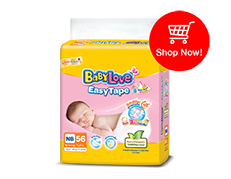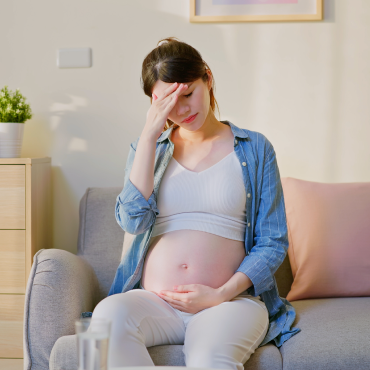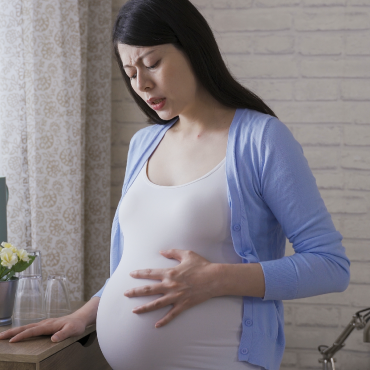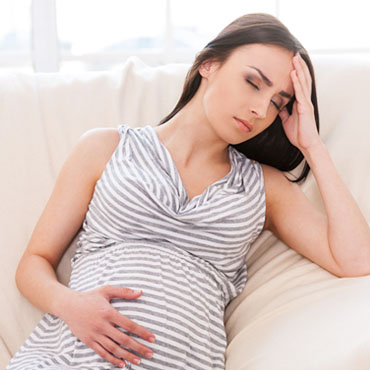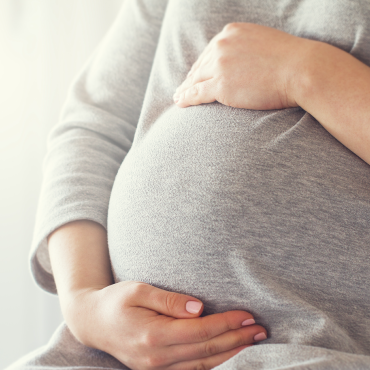The pandemic situation of COVID-19 is still a crisis around the world, including in Thailand. Although the current infection rate is declining, it is still not reliable. Because vaccinations do not cover most of the population, the infection of COVID-19 remains an important public health problem in Thai society and the world. COVID-19 is a newly emerging disease caused by a viral infection through the respiratory tract, with a high spreading severity. Because this disease has never been found anywhere before, human bodies have no immunity and no herd immunity occurs in any society. Unlike influenza which the population has been infected before and the vaccine is widely available, with the spread of COVID-19, severe illness and mortality rates have been recently very high.
The COVID-19 virus can be transmitted in many ways, whether touching an infected surface, coughing, sneezing, or wheezing. When infected, it will cause flu-like symptoms. Some people may not show symptoms but can spread the infection whereas others may show symptoms of respiratory failure so severe that they need to be put on a respirator. Although the current treatment is better than in the initial stages of the epidemic as medical staff are more experienced, prophylaxis through vaccination is the best mechanism to prevent disease progression or reduce the severity of the disease if there is an infection, hence reducing the mortality rate of patients. For instance, high-risk populations, particularly the elderly group of people with underlying diseases and "Pregnant women" who, if infected, tend to have more serious symptoms and a higher risk of death than others. In addition to pregnant women infected with COVID-19, the fetus is also affected if the infection develops while the pregnancy is not yet fully complete. As a result, the incidence of premature birth among pregnant women infected with COVID-19 is higher and newborn babies may have complications from premature birth delivery.
There are several types of vaccines against COVID-19, including inactivated vaccines, viral vector and mRNA. Every vaccine may be effective at preventing different levels of infections, but the effectiveness in preventing death is similar. It is currently recommended that high-risk populations, especially pregnant women, should receive additional vaccination against COVID-19. It is recommended that injections begin after the first trimester, according to the amount specified by each vaccine regimen. Most of the women need to be vaccinated at least twice during pregnancy. Most studies have indicated that vaccination against COVID-19 in pregnant women is as effective and has the same side effects as general people. It is also useful in reducing the severity of the infection and reducing the mortality of pregnant women. At the same time, the effects of the vaccine on the fetus and breastfeeding have not been reported concerning serious side effects in newborns, and there are no restrictions for breastfeeding. The World Health Organization is also encouraging vaccinated mothers to breastfeed normally without any worries.
What might happen if a pregnant woman is not vaccinated and get infected with COVID-19?.... Pregnant women infected with COVID-19 are more likely to develop pneumonia than the general population and have a higher rate of being admitted to the intensive care unit or ICU. Some women need to give birth earlier. Currently, some pregnant women may have mild symptoms but need to be isolated for treatment both during and after giving birth. Although the World Health Organization does not ban on breastfeeding for pregnant women infected with COVID-19, the process of breastfeeding is more complicated and requires cooperation from mothers, families and other personnel. For example, mothers must be at least 2 meters away from their children if they are not breastfeeding. Mothers must wear a mask to prevent the spread of infection every time when breastfeeding and strictly follow guidelines to prevent infection, such as washing hands and cleaning all utensils. Also, personnel are required to help them regarding the wearing of sterile clothing in the early stages of labor. Consequently, in severe epidemic situations and constraints on personnel and health resources, most hospitals in Thailand are unable to fully support breastfeeding, and often separate mothers and babies after birth giving to facilitate the service and to ensure the safety of the newborn.
It can be seen that vaccination against COVID-19 in pregnant women has more advantages than disadvantages. There are benefits to increase safety during pregnancy, while giving birth, including breastfeeding. Therefore, I would like to encourage all pregnant women who still hesitates by considering and getting vaccinated against COVID-19.
Baby Love understands the concerns of new mothers both in terms of care and selection of products that are suitable for newborn babies, especially when buying disposable diapers for little children who have sensitive skin. Baby Love Easy Tape, in particular, was exclusively designed with soft touch and non-allergenic because it already passed the hypoallergenic test*. The product is gentle for babies’ skin and can absorb liquid for up to 10 hours.
* It does not cause any allergic reaction or irritation in the experimental group based on the results of testing by Dermscan Asia, Thailand, with an exception of allergies or personal irritation and allergies due to prolonged wearing of diapers. In case of personal irritation, it is advisable to consult a doctor.
This information was provided by Asst. Prof. Triphob Lertbannaphong, M.D., an obstetrician
Crated At 03/01/2023
















